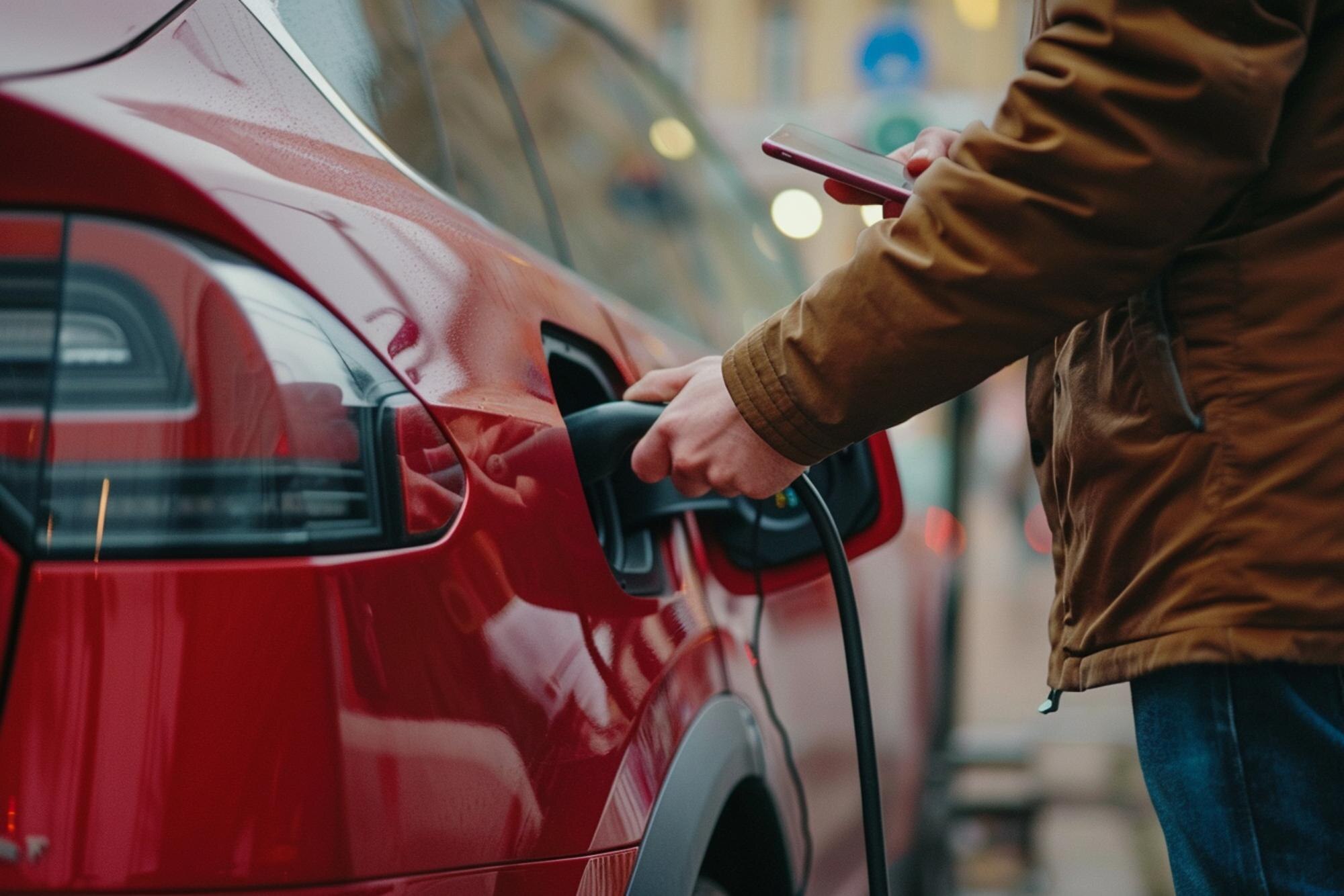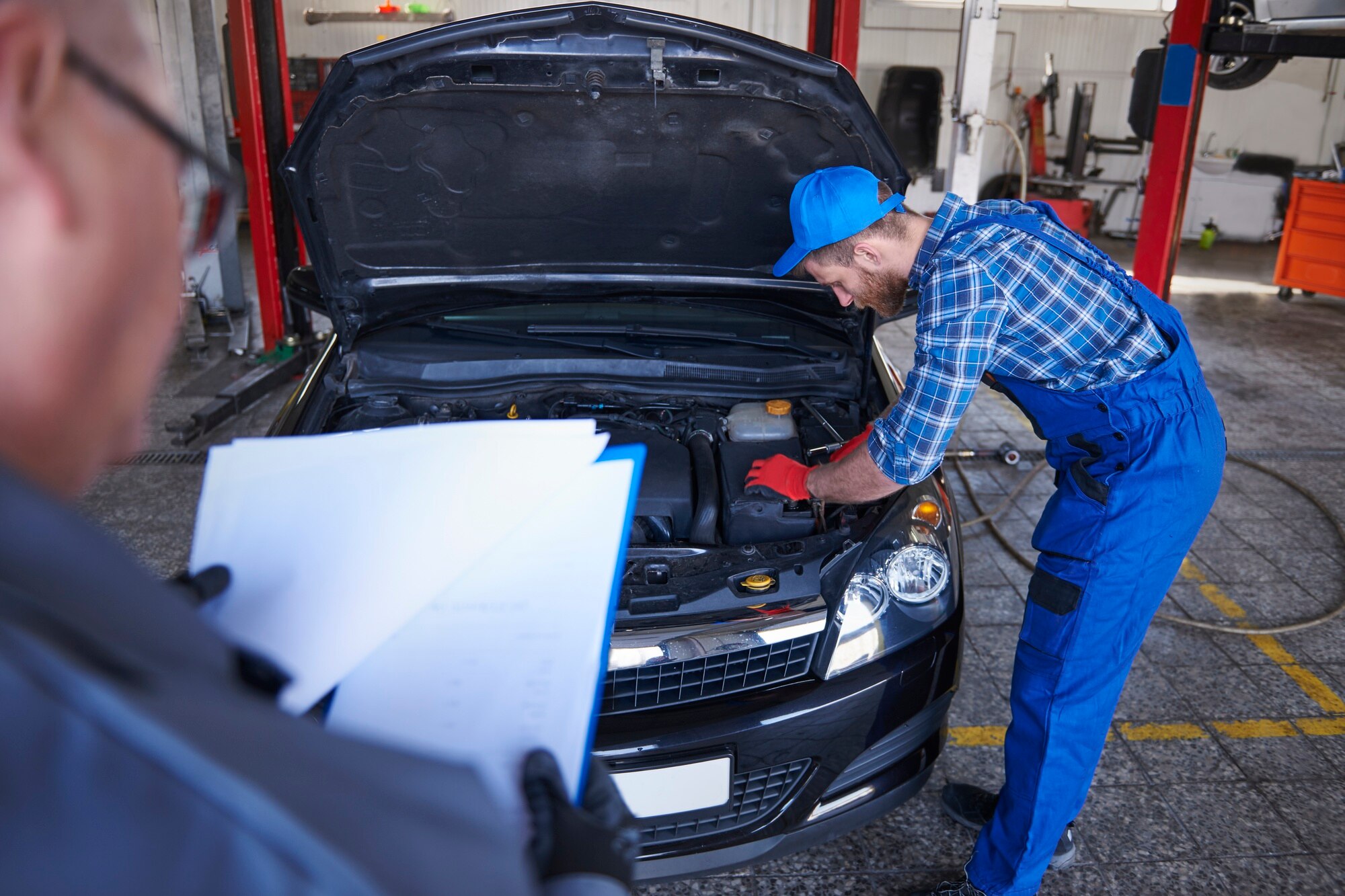Description
Buying a used car can be a smart financial move, but it also comes with risks if you’re not careful. Many buyers make common mistakes that can lead to unexpected costs or a less-than-ideal vehicle. In this post, we’ll cover the top mistakes to avoid when buying a used car so you can drive away confident that you’ve made the right choice.
1. Skipping the Vehicle History Report
One of the biggest mistakes you can make is not checking the vehicle’s history report. This report provides crucial information about the car’s past, including accidents, repairs, ownership changes, and any title issues. Why it matters: A car that’s been in an accident or flood might have hidden damage that isn’t easily noticeable. How to avoid it: Always request a vehicle history report and verify it against the car’s details. Pro Tip: Don’t rely solely on the seller’s word—get the report yourself from a trusted source before committing.
2. Not Taking the Car for a Test Drive
You wouldn’t buy a car without knowing how it handles on the road, yet some buyers skip the test drive altogether. Why it matters: A test drive lets you assess the car’s performance, comfort, and any potential issues with the engine, brakes, or suspension. How to avoid it: Take the car for a test drive on different road types (highway, city streets) and pay attention to how it accelerates, brakes, and handles turns. Pro Tip: Bring a friend or family member along for a second opinion—they might notice something you missed during the drive.
3. Failing to Have the Car Inspected by a Mechanic
Even if the car looks great on the outside, it might have underlying mechanical problems that aren’t obvious. Why it matters: A professional mechanic can spot issues that you may overlook, such as engine trouble, transmission issues, or worn-out brakes. How to avoid it: Request a pre-purchase inspection from a trusted mechanic. This small investment could save you from buying a car that needs costly repairs. Pro Tip: If the seller refuses to let you take the car for an inspection, consider it a red flag and walk away.
4. Overlooking the Total Cost of Ownership
Many buyers focus only on the purchase price and forget about the total cost of owning the car, which includes maintenance, insurance, fuel, and potential repairs. Why it matters: A car that’s cheap upfront might cost more in the long run if it requires frequent repairs or has poor fuel efficiency. How to avoid it: Research the model’s reliability, fuel economy, and insurance costs before making a decision. Pro Tip: Check online reviews and owner forums to get real-world insights on how much it costs to maintain the car you’re interested in.

5. Not Researching the Car’s Market Value
Buying a car without knowing its fair market value can result in overpaying. Why it matters: Sellers may set higher prices, especially if they know the buyer hasn’t done their homework. How to avoid it: Use online tools to research the average selling price of the same make and model in your area. This will give you leverage during price negotiations. Pro Tip: If the price seems too good to be true, there might be a hidden issue with the car. Always question unusually low prices.
6. Ignoring the Warranty or Return Policy
Many buyers forget to ask about the car’s warranty or return policy, leaving them without protection if something goes wrong shortly after the purchase. Why it matters: Some used cars come with limited warranties or dealer return policies that can give you peace of mind in case of unexpected issues. How to avoid it: Always ask the seller about any available warranties or guarantees and get the terms in writing. Pro Tip: Consider purchasing an extended warranty if you’re buying from a dealer. It can be worth the extra cost for added protection.
7. Rushing the Decision
A car is a significant investment, and rushing through the buying process can lead to regret. Why it matters: Impulse decisions often lead to overlooking key details, such as mechanical issues or the car’s true value. How to avoid it: Take your time to research, compare options, and have the car thoroughly inspected before committing. Pro Tip: Walk away if you feel pressured by the seller. It’s better to lose out on a car than to make a hasty decision you’ll regret later.
Conclusion
Buying a used car can be a great way to save money, but it’s important to avoid common mistakes that could cost you more in the long run. By taking the time to research, test drive, inspect, and negotiate, you can make a smart purchase that meets your needs and stays within your budget.
Call to Action:
Ready to find your next used car? Explore our real-time pricing tool and start your search today, equipped with the knowledge to avoid costly mistakes!
Previous Post
No Previous Post
Next Post
Are Electric Cars Worth It? Exploring the Key Benefits of Going Electric


